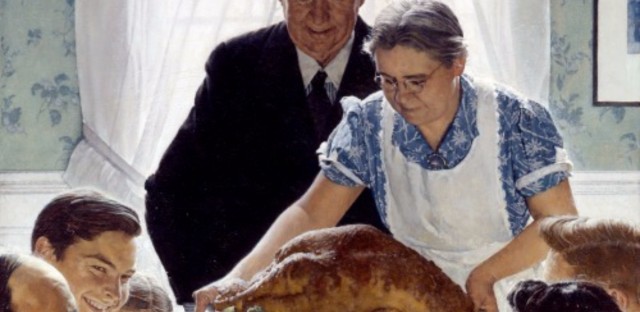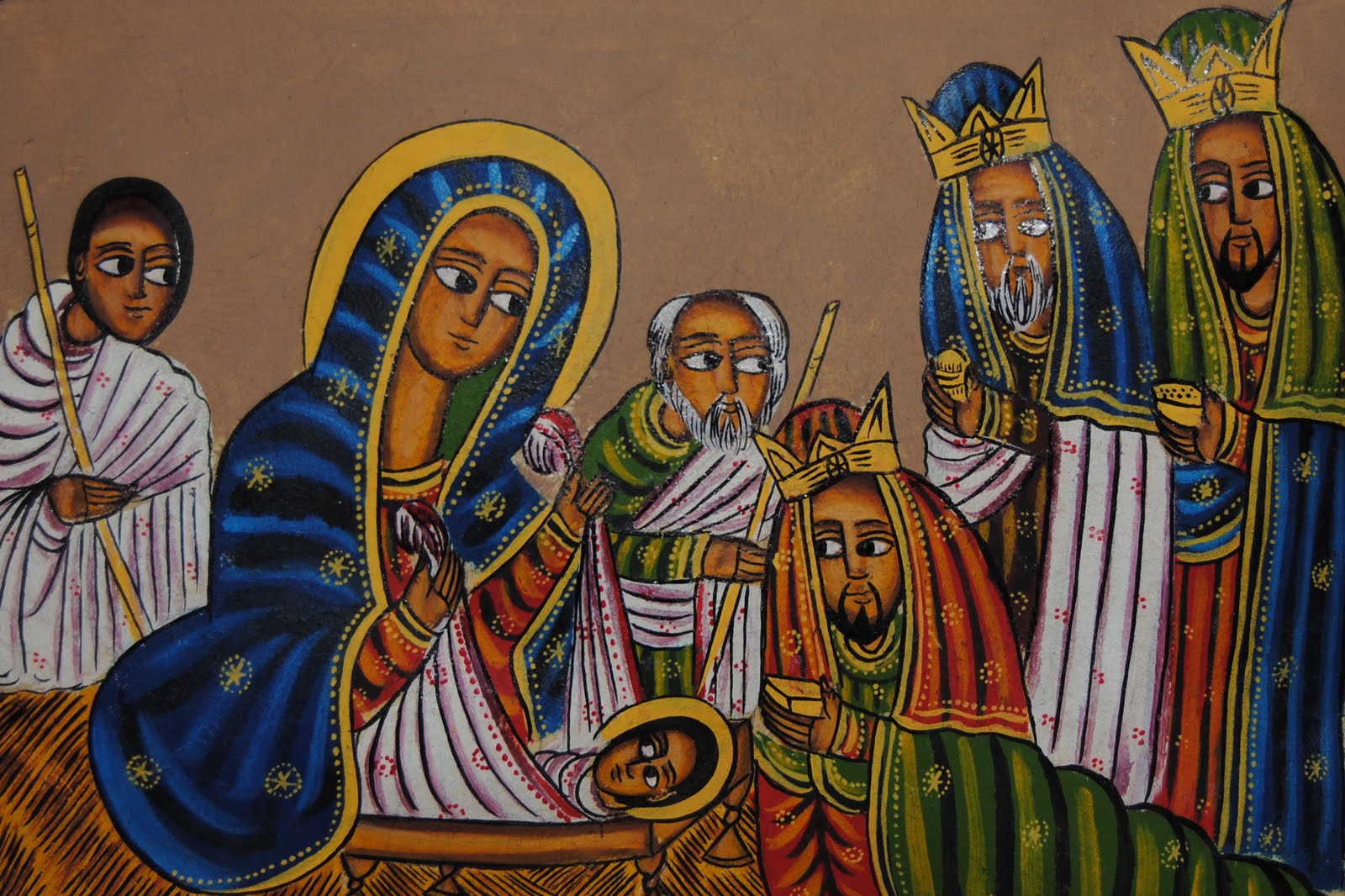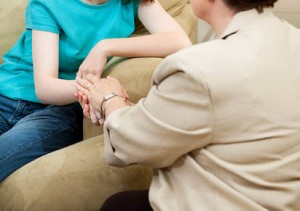From defrosting turkey to using leftovers, these food safety tips will help stop your turkey from knocking the stuffing out of you this Christmas. (and Thanksgiving)
Avoid cross-contamination
Keep all raw food, whether it’s turkey or vegetables, separate from ready-to-eat foods to avoid cross-contamination. Use separate chopping boards for raw food and ready-to-eat food. Raw foods can contain harmful bacteria that are spread very easily to anything they touch, including other foods, worktops, chopping boards and knives.
Set the fridge to 5°C
Store food that needs to be chilled in the fridge until you need it. Make sure the fridge temperature is below 5°C. Don’t pack food too tightly, as the cold air needs to circulate to cool food down. If you’re storing food such as fresh vegetables outside in a garage or shed, keep them in a sealed container.
Wash your hands
Always wash and dry your hands thoroughly before and after handling food, especially when handling and preparing raw meat and poultry. You also need to remember to wash and dry your hands after going to the toilet, touching the bin or touching any pets. Bugs are spread between food, surfaces and utensils most effectively on wet or damp hands.
Defrost turkey safely
Defrost the turkey on a large dish and cover, preferably in the fridge. Remove the giblets and the neck to speed up thawing. Alternatively, defrost the turkey in a cool, clean place where the temperature is fairly constant. Keep in mind that the temperature of where the turkey is kept will affect thawing times.
Turkey defrosting times
It can take up to 48 hours for a large turkey to thaw. To work out the defrosting time for your turkey, check the packaging. If there aren’t any defrosting instructions, use the following times as a guide:
in a fridge at 4ºC (39ºF), allow about 10 to 12 hours per kg
in a cool room (below 17.5ºC, 64ºF), allow approximately three to four hours per kg
at room temperature (about 20ºC, 68ºF), allow approximately two hours per kg
A turkey is fully defrosted when there are no ice crystals inside the cavity and the meat is soft when you insert a fork or skewer. Once thawed, store it in the fridge until you are ready to cook it. If this isn’t possible, you should cook it immediately.
Don’t wash the bird
Eighty per cent of people say they wash their turkeys before cooking them, but this significantly increases the risk of food poisoning by splashing germs around the kitchen. Don’t wash your bird, because it will only spread germs. Thorough cooking will kill any bacteria that might be present.
Cook turkey properly
Seventeen per cent of people aren’t sure how to tell when their turkey is cooked. Make sure your turkey is steaming hot all the way through before serving. When you cut into the thickest part of the turkey, none of the meat should be pink. If juices flow out when you pierce the turkey or when you press the thigh, they should be clear. If you’re using a temperature probe or food thermometer, ensure that the thickest part of the bird (between the breast and the thigh) reaches at least 70°C for two minutes.
Find out more about turkey cooking times.
Goose and other birds
Other birds, such as goose and duck, have different cooking times and temperatures. The oven should always be hotter for duck and goose in order to melt the fat under the skin.
goose should be cooked in a preheated oven at 200ºC/425ºF/Gas Mark 7 for 35 minutes per kg
duck should be cooked in a preheated oven for 45 minutes per kg at 200ºC/400ºF/Gas Mark 6
chicken should be cooked in a preheated oven at 180ºC/350ºF/Gas Mark 4 for 45 minutes per kg plus 20 minutes
Wash your veg
Most of the bacteria on vegetables will be in the soil attached to the produce. Washing to remove any soil is therefore particularly important. When you wash vegetables, don’t just hold them under the running tap. Rub them under water, for example in a bowl of fresh water. Start with the least soiled items first and give each of them a final rinse. Washing loose produce is particularly important, as it tends to have more soil attached to it than pre-packaged fruit and vegetables.
Know your dates
Sniffing food is not a reliable way of telling whether food is still safe to eat. Some harmful bacteria don’t always change the way foods smell, taste or look. Food with a “use-by” date goes off quite quickly and it can be dangerous to eat after this date. Food with a “best before” date is longer-lasting. It may not be at its best quality after this date but should be safe to eat. Eggs can be eaten a day or two after their best before date, as long as they are cooked thoroughly until both yolk and white are solid, or if they are used in dishes where they will be fully cooked, such as a cake.
Preparing a buffet
Cold items for a buffet should remain covered and in the fridge until the last minute. Don’t keep them out for more than four hours. Food kept out for longer could be open to harmful bacteria if left to get warm at room temperature. Foods which are cooked and intended to be served cold should be cooled as quickly as possible, ideally within one to two hours. You can cool food down faster by separating it into small batches, placing it in a container and placing the container in a shallow dish of cold water.
Cool leftovers
Cool leftovers as quickly as possible, ideally within 90 minutes, then cover and refrigerate. Splitting food into smaller portions can help cooling. Use leftovers within two days and reheat until they are steaming hot all the way through. Don’t reheat leftovers more than once. If you want to keep leftovers longer than two days, you can freeze them instead. Cool leftovers as described above before putting them in the freezer. Once defrosted, don’t refreeze the leftovers unless you cook them again first.




